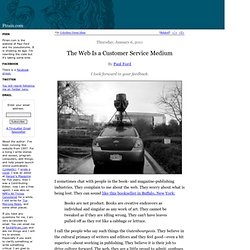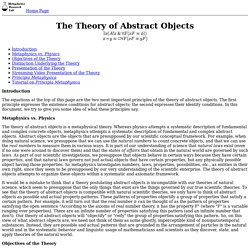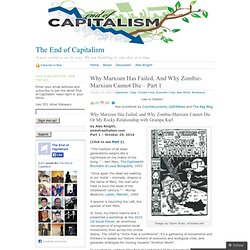

The Web Is a Customer Service Medium. Thursday, January 6, 2011 By Paul Ford I look forward to your feedback.

I sometimes chat with people in the book- and magazine-publishing industries. They complain to me about the web. They worry about what is being lost. Books are not product. I call the people who say such things the Gutenbourgeois. “Look,” I say, “maybe you're doing it wrong.” “But,” they say, “we tweet.” That's when I tell them about the fundamental question of the web. The Fundamental Question of the Web One can spend a lot of time defining a medium in terms of how it looks, what it transmits, wavelengths used, typographic choices made, bandwidth available.
Here's one question: “I'm bored, and I want to get out of the house and have an experience, possibly involving elves or bombs. The answer: You could go to a movie. Here's another: “How do I distract myself without leaving the house?” You might turn on the TV. “I'm driving, or making dinner. Radio! “What's going on locally and in the world, at length?” Try this newspaper!
The Theory of Abstract Objects. Home Page Introduction The equations at the top of this page are the two most important principles of the theory of abstract objects.

The first principle expresses the existence conditions for abstract objects; the second expresses their identity conditions. In this document, we try to give you some idea of what these principles say. Metaphysics vs. The theory of abstract objects is a metaphysical theory. It would be a mistake to think that a theory postulating abstract objects is incompatible with our theories of natural science, which seem to presuppose that the only things that exist are the things governed by our true scientific theories.
Objectives of the Theory We can summarize the principal objectives of the theory of abstract objects as follows: To describe the logic underlying (scientific) thought and reasoning by extending classical propositional, predicate, and modal logic. How We Know by Freeman Dyson. The Information: A History, a Theory, a Flood by James Gleick Pantheon, 526 pp., $29.95 James Gleick’s first chapter has the title “Drums That Talk.”

It explains the concept of information by looking at a simple example. The example is a drum language used in a part of the Democratic Republic of Congo where the human language is Kele. Sadly, the drum language was only understood and recorded by a single European before it started to disappear. Carrington understood how the structure of the Kele language made drum language possible. In 1954 a visitor from the United States came to Carrington’s mission school. The story of the drum language illustrates the central dogma of information theory. Another example illustrating the central dogma is the French optical telegraph. The distance between neighbors was about seven miles. Unlike the drum language, which was based on spoken language, the optical telegraph was based on written French. Letters. Why Marxism Has Failed, And Why Zombie-Marxism Cannot Die – Part 1 « The End of Capitalism. Also published by Countercurrents, OpEdNews and The Rag Blog.

Why Marxism Has Failed, and Why Zombie-Marxism Cannot Die Or My Rocky Relationship with Grampa Karl Image by Germ Ross, artnoise.net by Alex Knight, endofcapitalism.comPart 1 – October 29, 2010 [Click to see Part 2] “The tradition of all dead generations weighs like a nightmare on the brains of the living.” – Karl Marx, The Eighteenth Brumaire of Louis Bonaparte, 1852 “Once again the dead are walking in our midst – ironically, draped in the name of Marx, the man who tried to bury the dead of the nineteenth century.” – Murray Bookchin, Listen, Marxist! A specter is haunting the Left, the specter of Karl Marx. In June, my friend Joanna and I presented a workshop at the 2010 US Social Forum, an enormous convergence of progressive social movements from across the United States.
Our workshop, entitled “The End of Capitalism? It happened during the question and answer period. I would have to cut this guy off and call on someone else.